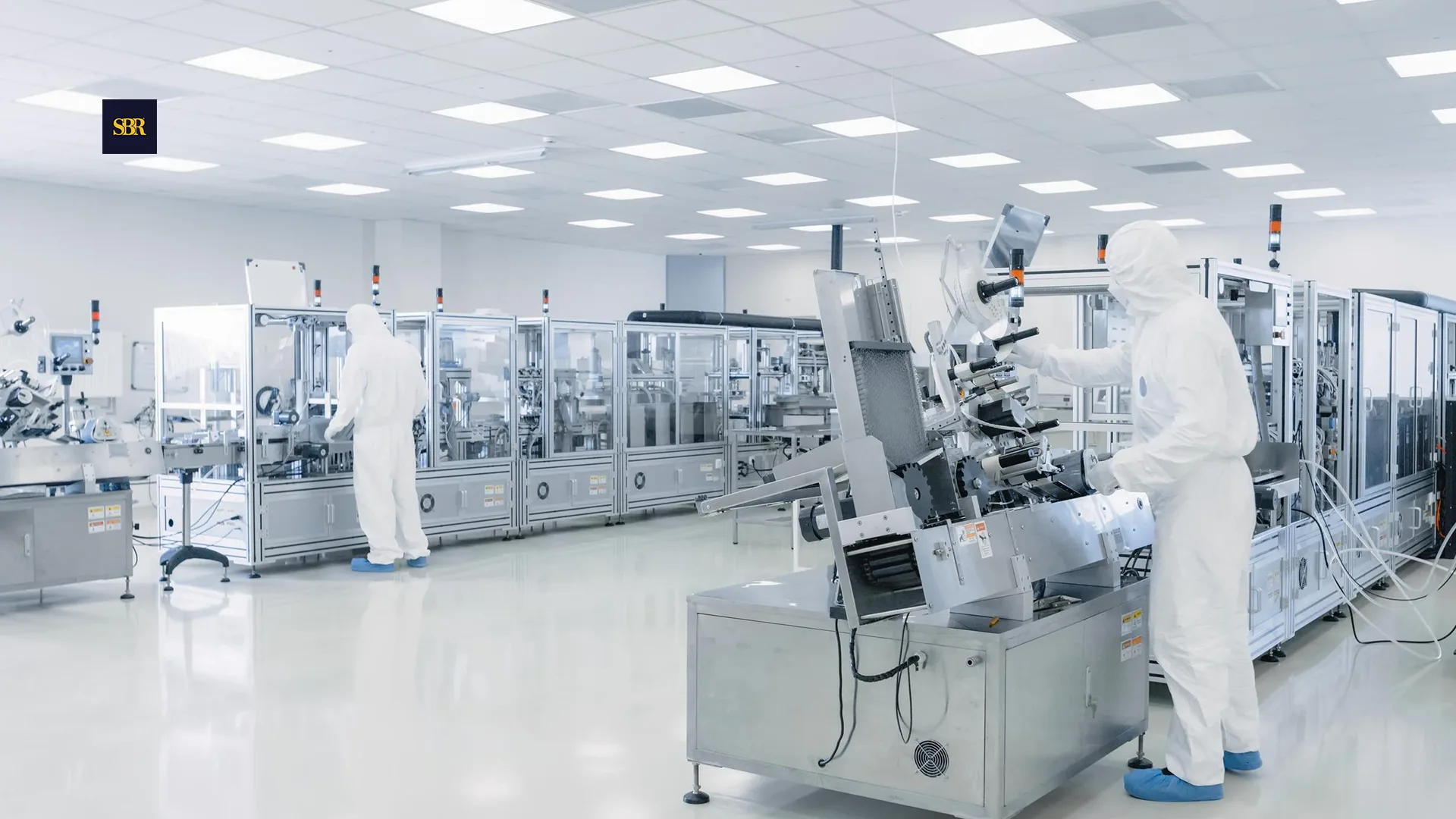The transition to electric vehicles in America is outpacing the availability of qualified workers needed to build and maintain the required charging infrastructure. This gap threatens to slow down the widespread EV adoption.
With an increasing number of EVs hitting the streets, it's no surprise that the infrastructure for charging these vehicles is struggling to keep up. In a chance meeting, a journalist found an EV charging station out of service, and the technician responsible for fixing it revealed a startling truth – there aren't enough technicians to maintain these essential charging stations.
According to the US Department of Energy, nearly 4,000 public EV charging stations with over 7,000 ports were non-operational in early October. The failure rate surpassed 6%. An analysis by Here Technologies indicates the number of broken chargers could be far higher when accounting for "unconnected" stations.
This growing problem is causing significant frustration among EV owners, with one in every five charging attempts failing during the first half of the year, according to the research firm J.D. Power.
The root cause of this problem lies in the shortage of certified electricians.
Eric Feinberg, Chief Work Force Officer at Qmerit expressed, “Public charging is competing for a scarcity of labor with these other demands.”
By 2030, the U.S. will require at least 142,000 additional electricians to support the country's electrification efforts, including EV charging infrastructure, solar panels, battery storage, and smart panels, as reported by Qmerit, a company specializing in installation services for EV charging and other electrification technologies.
As the demand for EVs continues to rise, it is crucial to address this labor shortage by encouraging more individuals to pursue careers as automotive technicians or electricians specializing in EV charger maintenance. Only then can the United States of America fully embrace the potential of electric transportation.
















